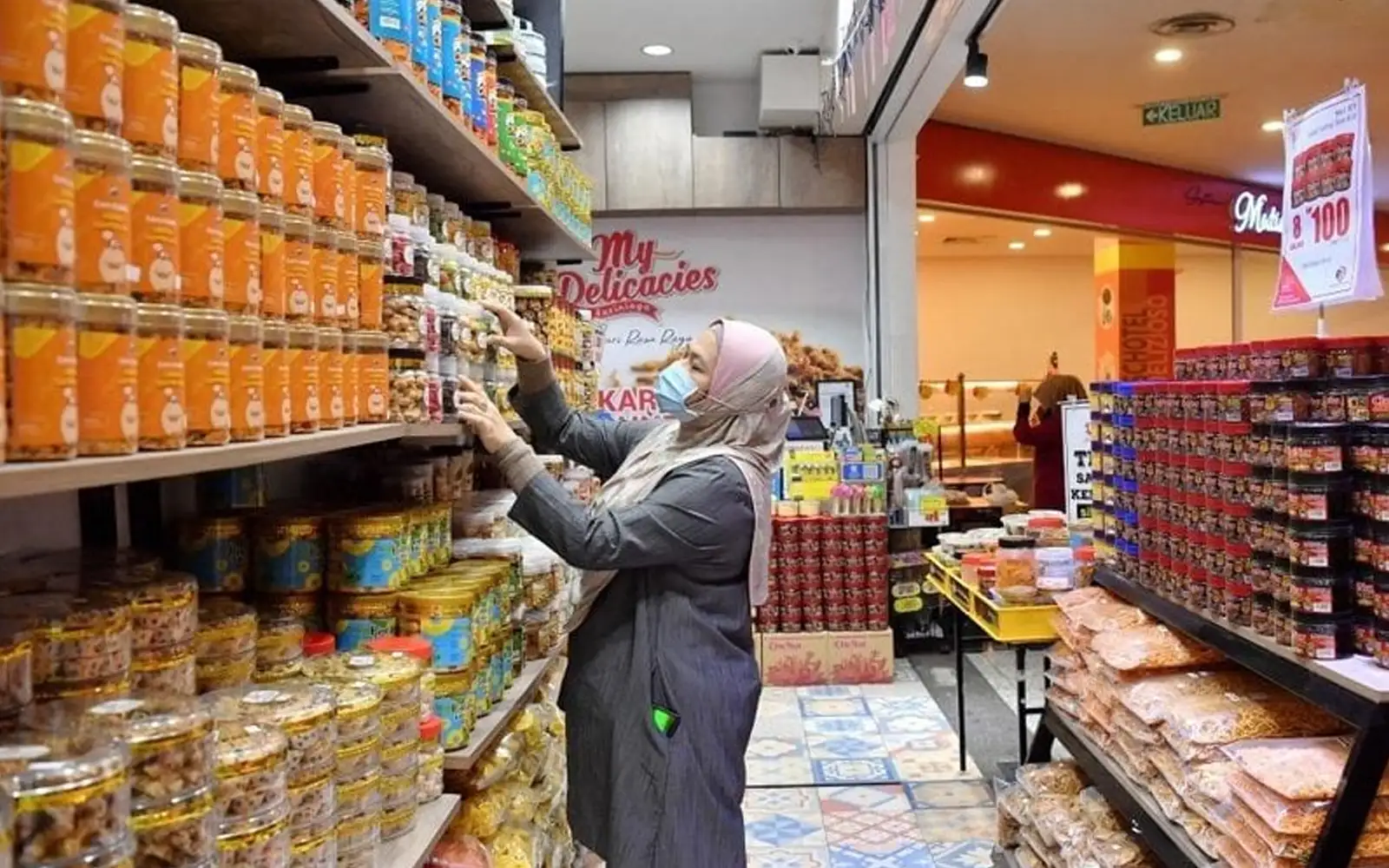
PETALING JAYA: With Budget 2025 set to be unveiled this week, the government is expected to continue its strategy of reshaping Malaysia’s future by investing in key areas that will transform the economy.
Economists say this is achieved by leveraging on the multiplier effect of targeted government spending on strategic sectors, where every ringgit spent sparks a chain reaction of economic activities that extend beyond the initial spending.
The multiplier effect essentially refers to the disproportionate impact of government spending on a nation’s gross domestic product (GDP), and economic growth.

Bait Al-Amanah research director Benedict Weerasena said government spending through the national budget has a notable multiplier effect on the economy.
“Its impact on growth becomes significantly stronger when new expenditure measures are supported by robust revenue generation.
“In Budget 2024, the government appears to be strategically targeting sectors that typically generate strong multiplier effects, such as infrastructure and SME development.”
Infrastructure investments, for example, not only stimulate construction activities but also improve productivity in the long run by facilitating trade and mobility,” he told FMT.
Under Budget 2024, RM27 billion was allocated for infrastructure projects and RM24.7 billion for People’s Housing Projects. The government also allocated RM20 billion in loan guarantees for SMEs to support small businesses.
Weerasena said government support for SMEs often translates into increased employment and innovation, given that SMEs form the backbone of the Malaysian economy.
“These targeted investments are likely to create a positive feedback loop that stimulates broader economic growth.”
He pointed out that Malaysia’s micro, small, and medium enterprises (MSMEs) account for 97.4% of businesses and 48% of employment, yet contribute only 38% to GDP.
“This highlights a significant untapped potential for growth.”
Economist Niaz Asadullah concurred that Budget 2024 laid strong foundations for achieving multiplier effects in key sectors.

He said significant allocations were made to infrastructure, energy, and SME development, which are critical to fostering long-term growth.
“The National Energy Transition Roadmap (NETR), for example, is expected to accelerate the transition to a green economy by mobilising private-sector investment,” he told FMT.
“This will help create more well-paying and high-value jobs, especially in high-growth industries like renewable energy, and support broader economic development,” said Niaz, the Global Labor Organization’s Southeast Asia lead and associate fellow of Universiti Malaya’s Social Wellbeing Research Centre.
He noted that private sector-led projects worth RM60.7 billion under the NETR “can be a gamechanger”, positioning Malaysia as a renewable energy hub, boosting innovation in clean energy technology, and creating around 80,000 jobs.
The Madani economy factor
Niaz believes the administration of Prime Minister Anwar Ibrahim has successfully integrated the principles of the Madani economy into its national budget planning.
He said the Madani framework emphasises restructuring to boost Malaysia’s competitiveness and foster equitable wealth distribution.
“I expect Budget 2025 to further these goals by increasing allocations to programmes that support growth of economically complex activities and sectors such as digital innovation, automation and artificial intelligence (AI).”
He said this strategy is also pivotal for increasing labour productivity and moving Malaysia up the value chain.
“The budget’s focus on sustainable and inclusive growth, particularly through digitalisation and support for MSMEs aligns with the Madani economy’s mission to ensure that economic prosperity benefits all Malaysians.
“The approach aims to create high-quality jobs, improve social protection, and drive economic transformation through technology and digitalisation,” he said.
Budget 2025 wish list
For Budget 2025, Weerasena said the government should allocate additional funds to boost the digital economy.
Investment in digital infrastructure and technologies such as artificial intelligence, big data, and financial technology (fintech) will help Malaysia stay competitive in a rapidly evolving global landscape, he said.
The government should also continue the comprehensive support that nurtures MSMEs from their start-up phase all the way to being export-ready.
“By doing so, we can enable MSMEs to scale sustainably and drive a much larger contribution to Malaysia’s economic prosperity.
“Additionally, expanding digitalisation grants is crucial to help SMEs adopt essential digital financial management systems. This will prepare them for Malaysia’s e-invoicing mandate in 2025, ensuring they remain competitive and compliant as the economy evolves towards greater digital integration,” he added.

